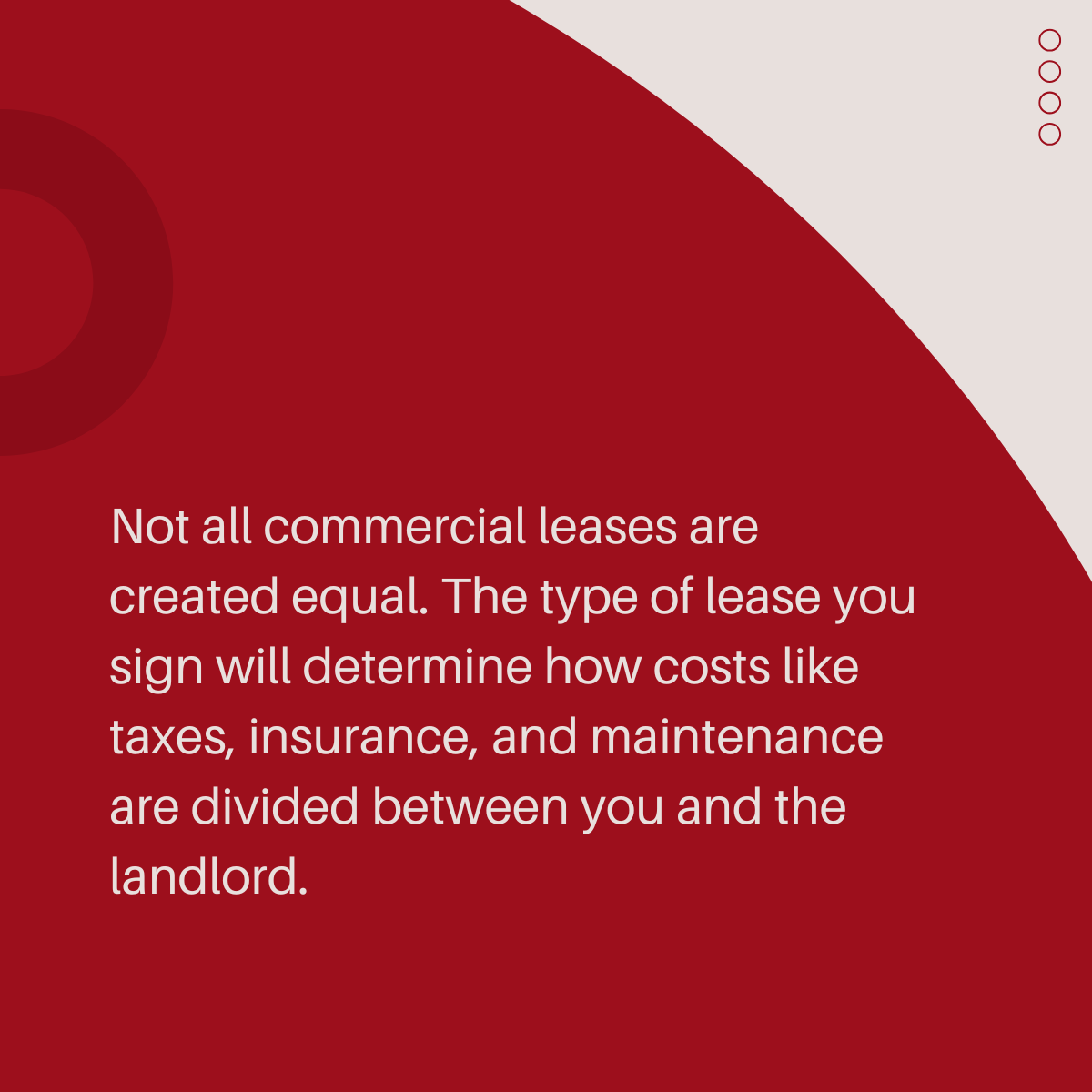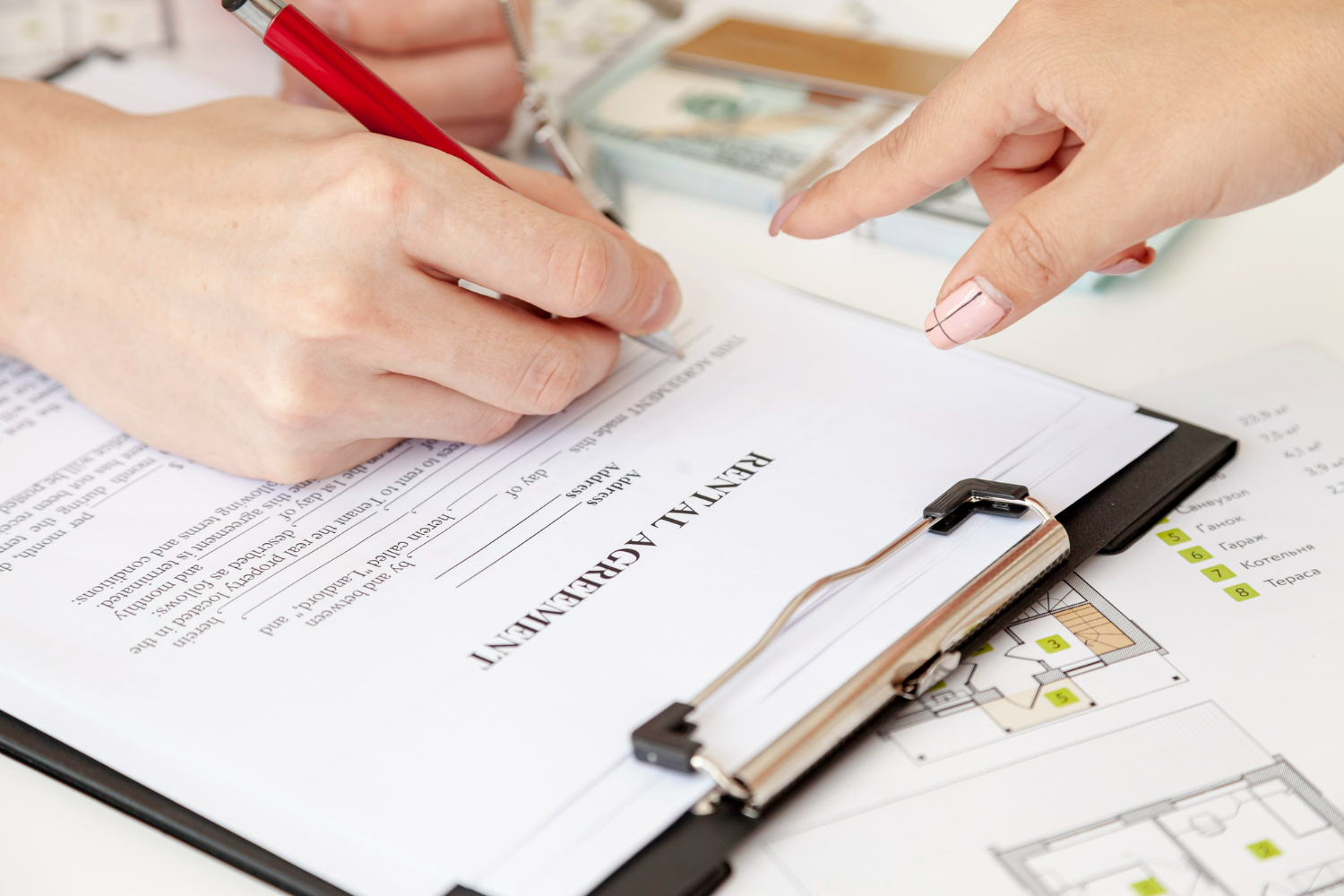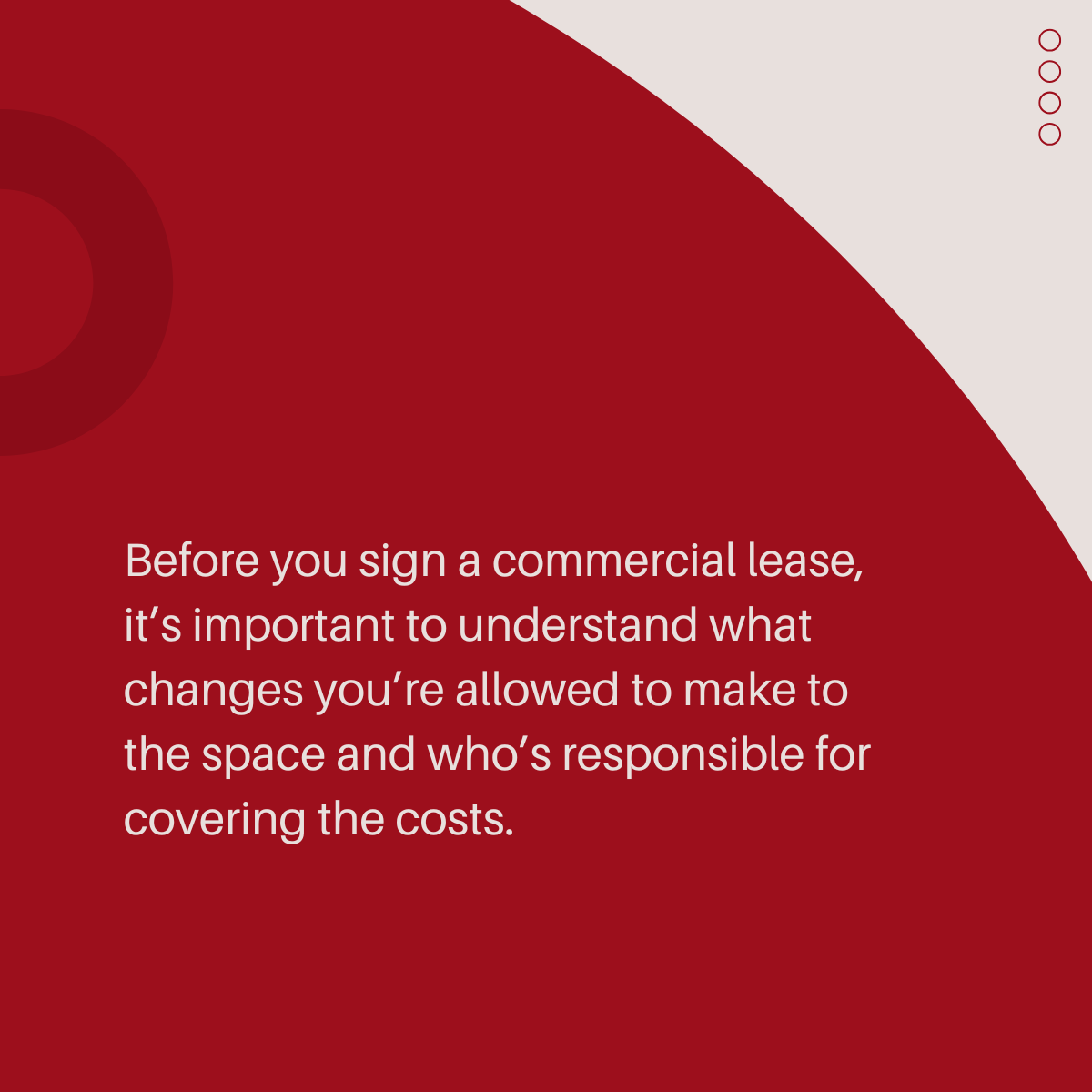
What to Know Before You Sign a Commercial Lease
Signing a commercial lease is another step in getting your business off the ground. But unlike residential leases, commercial agreements are often complex and heavily negotiated. One wrong clause could lock you into rising costs, unexpected repairs, or usage restrictions that limit how you run your business. That’s why it’s crucial to review every term carefully, ideally with the help of a knowledgeable business attorney or real estate attorney near you.
Whether you’re leasing retail space, an office, or an industrial unit, this guide breaks down what you need to know before you sign, and how law firms in San Diego like DMAB can help protect your interests.
1. Understand the Type of Lease You’re Signing
Not all commercial leases are the same. The type of lease you sign will determine how costs like taxes, insurance, and maintenance are divided between you and the landlord.
- Gross Lease: You pay a flat monthly rent, and the landlord covers most or all building expenses.
- Net Lease (Single, Double, or Triple Net): You pay rent plus some or all additional costs like property taxes, insurance, and maintenance.
- Modified Gross Lease: A middle ground where some expenses are shared between landlord and tenant.
Knowing which structure you’re agreeing to can prevent budget surprises down the road. If you’re unsure, a real estate attorney can help you decode the terms and clarify your financial responsibilities before signing.
2. Know What’s Included (and What Isn’t)
In any commercial lease, the base rent is just one part of the total financial commitment. Many agreements include additional costs.
Landlords often pass along charges for common area maintenance (CAM), which can include landscaping, janitorial services, parking lot upkeep, and shared utilities. Some leases may cover water, electricity, or trash removal, while others leave those entirely in the tenant’s hands.
Repair obligations can also vary widely. You may be responsible only for the interior of your unit, or you could be liable for larger systems such as HVAC, electrical, or plumbing even if you didn’t install them.
A qualified real estate attorney can help you review the lease, identify any vague or unfavorable terms, and negotiate adjustments to ensure your responsibilities are fair and manageable.

3. Lease Term and Renewal Options
The length of your commercial lease can directly impact your flexibility and long-term growth. Short-term leases may offer more freedom but often come with higher rent or fewer concessions. Long-term leases can lock in favorable rates but might be risky if your business needs change.
It’s important to look beyond the initial term and examine the renewal options. Does the lease automatically renew? Are you required to give notice within a specific timeframe? Are rent increases tied to renewal periods? These details matter, especially if your business grows or if you later decide the location no longer fits your needs.
Negotiating renewal terms with a business attorney can protect you from being locked into unfavorable conditions or losing your space unexpectedly. Having clear, well-defined options in writing helps you plan ahead and avoid costly disruptions.
4. Rent Increases and Escalation Clauses
Most commercial leases include some form of rent escalation, which could affect your long-term costs. Common methods include fixed annual increases, percentage-based adjustments, or escalations tied to the Consumer Price Index (CPI).
Fixed annual increases are straightforward. You’ll pay a set amount more each year, such as an extra $100 per month. Percentage-based adjustments increase your rent by a certain percentage annually, like 3% or 5%, which can compound over time. CPI-based increases tie your rent to inflation, meaning if the Consumer Price Index goes up, your rent does too. This method is less predictable, as it depends on economic conditions.
These clauses can seem harmless at first, but over time, they can strain your budget, especially if your revenue doesn’t grow at the same pace. It’s also worth reviewing whether landlords can pass through unexpected costs, such as increased property taxes or insurance premiums, which could raise your rent even further.
5. Exclusivity and Use Clauses
A well-written commercial lease should clearly define how you can use the space—and just as importantly, how others in the building or complex can’t. That’s where exclusivity and use clauses come in.
A use clause outlines what type of business activity is allowed on the premises. If it’s too narrow, you could find yourself in violation of your lease just by expanding your services or switching up your business model. On the other hand, a broad use clause gives you more flexibility as your business evolves.
An exclusivity clause helps protect you from direct competition by preventing the landlord from leasing nearby spaces to businesses offering similar products or services. Without one, you might invest in building your customer base only to find a competitor moving in next door.
These clauses aren’t always offered upfront, but they can often be negotiated. Working with a business attorney ensures the lease supports your business goals and shields you from avoidable conflicts.
6. Modifications, Improvements, and Build-Outs
Before you sign a commercial lease, it’s important to understand what changes you’re allowed to make to the space and who’s responsible for covering the costs.
If your business needs specific build-outs or improvements, such as adding walls, upgrading fixtures, or modifying the layout, those terms should be negotiated upfront. Some landlords offer a tenant improvement allowance (TIA) to help cover construction costs, while others expect you to pay out of pocket. Either way, you’ll want to know who manages the work, whether permits are required, and how the approval process works.
You should also ask about restoration requirements. Some leases require you to return the space to its original condition at the end of your term, which can result in unexpected costs if not planned for.
A real estate attorney can help you review these provisions, clarify your responsibilities, and ensure you retain the flexibility to shape the space to fit your business.

7. Subleasing and Assignment Rights
Even with the best planning, business needs can change, and your commercial lease should give you options if they do. That’s where subleasing and assignment rights come into the picture.
Subleasing allows you to rent out all or part of your space to another tenant, while assignment transfers your entire lease to someone else. These rights can be crucial if you need to downsize, relocate, or close your business before the lease ends. However, many landlords require written consent and may impose restrictions that limit your flexibility.
Some leases prohibit subleasing altogether or allow it only under strict conditions, like approving the new tenant or charging administrative fees. Others may still hold you liable if the new occupant defaults.
8. Default and Termination Clauses
Default and termination clauses spell out what happens if either party fails to meet their obligations under the commercial lease.
A default can be triggered by something as simple as a late rent payment or a missed maintenance obligation. Most leases include a grace period and a “right to cure,” which gives tenants a chance to fix the issue before facing penalties or eviction. Still, some agreements are less forgiving and may escalate quickly if you’re not careful.
Termination clauses are just as critical. These outline the conditions under which the lease can be ended early, whether by the landlord, the tenant, or both. Look for penalties, fees, or notice requirements that could affect your ability to exit the lease without major financial loss.

Conclusion
Signing a commercial lease is more than just securing a space. It’s about entering into a legal agreement that can shape the future of your business. Taking the time to understand the fine print and negotiating where needed can save you from costly surprises.
At DMAB, we help business owners protect their interests and make confident decisions when it comes to commercial real estate.
Need help reviewing or negotiating your lease? Contact us today.
